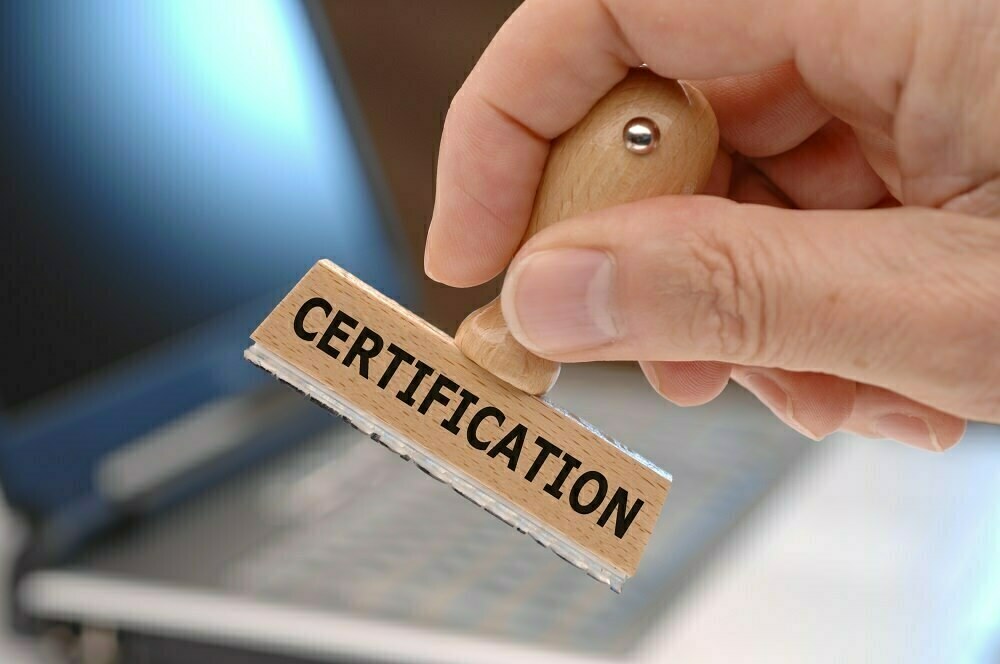
I get this question quite a bit. My short answer is that if I do my job correctly in a Certified ScrumMaster Workshop, then the achievement of the Certification (which is really the attendance in the workshops coupled with a 74% passing grade on the Scrum Alliance Exam), is relatively easy and fun. We learn the bulk of what you need to know about the theory of agile/Scrum as well as some practical techniques to coaching teams. Experience however is the true teacher and where the difficulty lies. Let me explain.
The rise of Agile methodologies, particularly Scrum, has transformed how organizations approach project management and software development (and other types of work as well). Central to Scrum is the role of the ScrumMaster, a servant-leader for the scrum team, responsible for ensuring that the team adheres to Scrum values and agile principles. As a testament to the popularity and demand for this role, numerous organizations have introduced ScrumMaster certifications. While certification provides a baseline of understanding and recognition, it is crucial to emphasize that certification does not equate to expertise. True mastery in the role of ScrumMaster comes from experience, continual learning, and hands-on involvement.
The Challenge of Scrum Master Certification
Certifications have been a staple in many industries as a way of validating knowledge and skills. The ScrumMaster certification, whether it's the Certified ScrumMaster (CSM) from Scrum Alliance or the Professional Scrum Master II (PSM II) from Scrum.org, is relative the same with a few small differences. It typically involves undergoing a formal training course by a training provider (like Big Agile) and then passing a certification exam.
However, a notable concern is that the barrier to entry is relatively low. Most certification programs require only a two-day training course. Within these two days, attendees are introduced to the basics of Scrum, its ceremonies, scrum roles, and artifacts. While this provides a foundational understanding, it is barely scratching the surface of the depth and nuance involved in real-world Scrum implementation.
Experience as the Ultimate Teacher
One of the most significant challenges in being a ScrumMaster is dealing with the diverse and complex human dynamics present in every team. The theoretical knowledge gained from a certification course will not prepare an individual for the unique challenges each team presents. Issues like team conflict, resistance to change, and differing personalities require a ScrumMaster to leverage soft skills, intuition, and patience — none of which can be effectively taught in a classroom alone.
Additionally, Scrum is not a one-size-fits-all framework. While its principles remain consistent, its application can vary widely depending on the organization, team, or project. This variability requires a ScrumMaster to be adaptive and innovative, continually refining their approach based on feedback and results. This iterative learning can only come through the hands-on experience of working with multiple teams and contexts.
Continuous Learning and Growth
I obtained my Black Belt in Taekwondo many years ago. I was quite a bit younger and thought that was the achievement that signified I have arrived as an expert in the art of Taekwondo. My instructor quickly corrected me that the Black Belt meant now I am truly ready to learn. The journey of a ScrumMaster does not end at certification; it is only the beginning. Just as the Scrum framework emphasizes the importance of regular reflection and adaptation for continuous improvement, a ScrumMaster must also adopt this mindset for their personal and professional growth.
True expertise in the role involves continuous learning, seeking feedback, attending workshops, participating in community discussions, and perhaps most importantly, reflecting on one's own experiences and learnings.
Advanced and Professional Scrum Certifications
While the CSM® and CSPO® are a great place to start, think of them as the entry point to now start your learning. Experience and our Advanced Certified ScrumMaster and Advanced Certified Scrum Product Owner help prepare you for the nuances and complexities in working with people. So while the barrier to achieving the CSM® and CSPO® are relatively low, they are an essential piece to the foundation of a correct path to greatness, as long as you strive for that.
Join our ScrumMaster certification program and take the first step towards becoming a certified professional.
We would love to see you take the next step on your path to greatness.